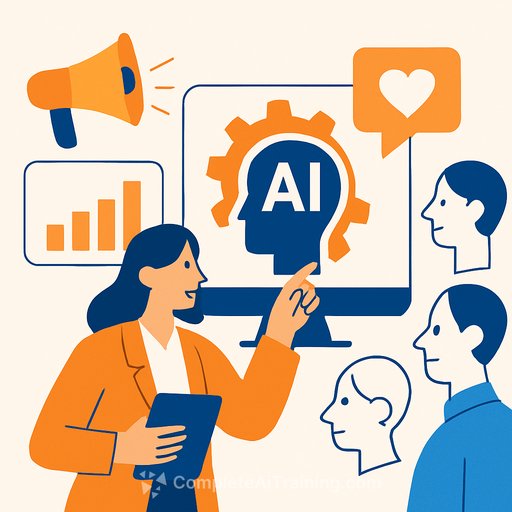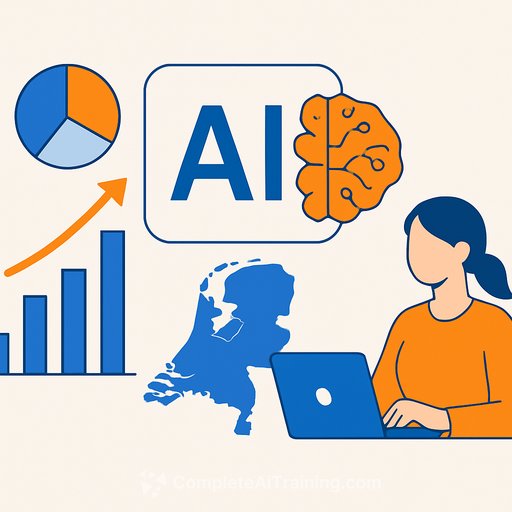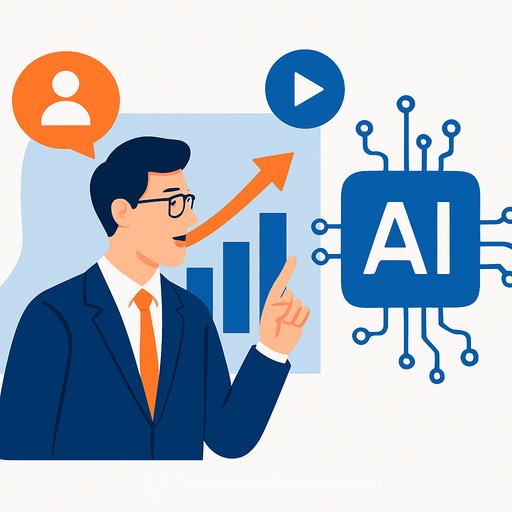The Battle for AI Leadership: Marketing vs. IT
When companies decide how to adopt artificial intelligence, a quiet debate emerges: should IT or marketing lead the charge? While IT teams bring deep technical skills, marketing teams have a stronger connection to customer needs and behaviors. This difference matters because AI’s biggest impact often lies in improving customer experience, not just internal efficiency.
IT departments are great at managing infrastructure and security, but they may miss the subtle shifts in market trends and consumer expectations that marketing professionals track daily. Real examples prove that AI works best when applied to personalized campaigns, predictive analytics, and real-time customer engagement—areas where marketing naturally has the upper hand.
Shifting Leadership Paradigms in AI Adoption
Industry reports back this shift. For example, CMSWire highlights marketing’s closeness to customers as a key advantage for leading AI projects, especially with tools like chatbots and recommendation engines that directly affect brand perception and loyalty.
A 2025 McKinsey report shows that while nearly all companies invest in AI, only about 1% feel they’ve mastered it. One main reason is the siloed approach where IT leads without enough marketing input. This often results in AI implementations that focus on efficiency but overlook how to connect with customers on a deeper level.
Marketing’s Edge in Personalization and Ethics
Marketers are better equipped to handle AI’s ethical challenges such as data privacy and algorithmic bias. Since they work daily on building consumer trust, they understand the importance of transparency and ethical considerations.
A Tekedia survey of over 1,200 marketers reveals that while AI boosts productivity through automation, it also raises ethical concerns that marketing teams are prepared to face head-on. Additionally, Gracker.ai’s analysis of AI in social media marketing shows how marketing-led AI can create content and target audiences with precision, engaging billions in ways that purely IT-driven approaches may miss.
Challenges and Strategies for Cross-Functional Collaboration
This leadership shift isn’t without challenges. IT teams worry about scalability and integration, fearing that marketing’s creative approach might overlook technical stability. Social media discussions among industry leaders show that 80% of CMOs plan big AI investments but stress the need to redesign strategies to avoid AI “performance drift.”
Experts suggest hybrid models where marketing defines the vision and IT ensures smooth execution. PwC’s 2025 AI business predictions recommend using autonomous AI systems guided by marketing oversight to keep AI aligned with business goals rather than just technical deployment.
Real-World Examples and Future Implications
Companies featured in Harvard’s professional development blog demonstrate how marketing-led AI drives custom campaigns that promote business growth. Firms with marketing in the lead outperform competitors stuck in IT silos by making customer interactions more relevant.
Looking ahead, as AI intersects with emerging trends like quantum computing and biotech, marketing’s role will likely grow. This isn’t about sidelining IT but balancing leadership to focus on customer experience. A chief AI officer recently noted on X that the future depends on collaborative intelligence, with marketing ensuring AI connects authentically with people.
In short, letting marketing lead AI adoption could unlock its true value, turning advanced technology into clear market advantage. Companies ignoring this risk falling behind in an era where customer insight matters more than just raw computing power.
For marketers eager to build AI skills and lead this transformation, exploring targeted courses can provide a competitive edge. Check out AI certifications for marketing specialists to start shaping your AI strategy today.
Your membership also unlocks:






